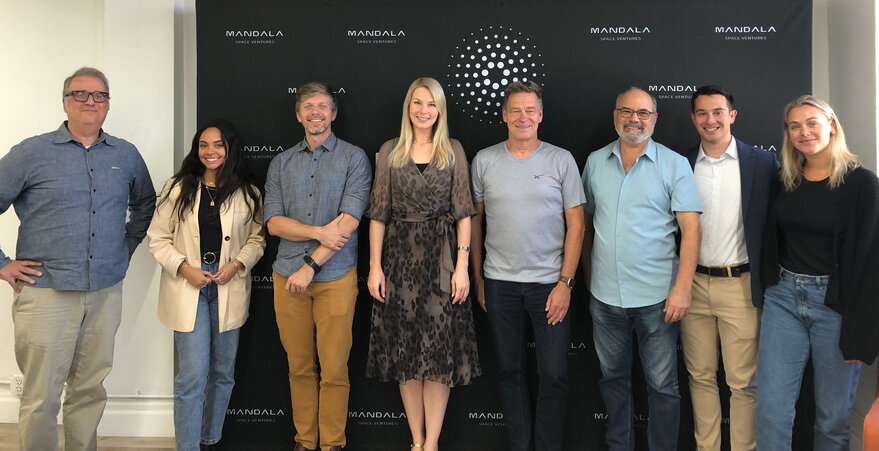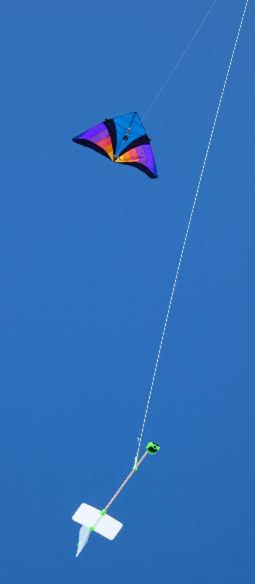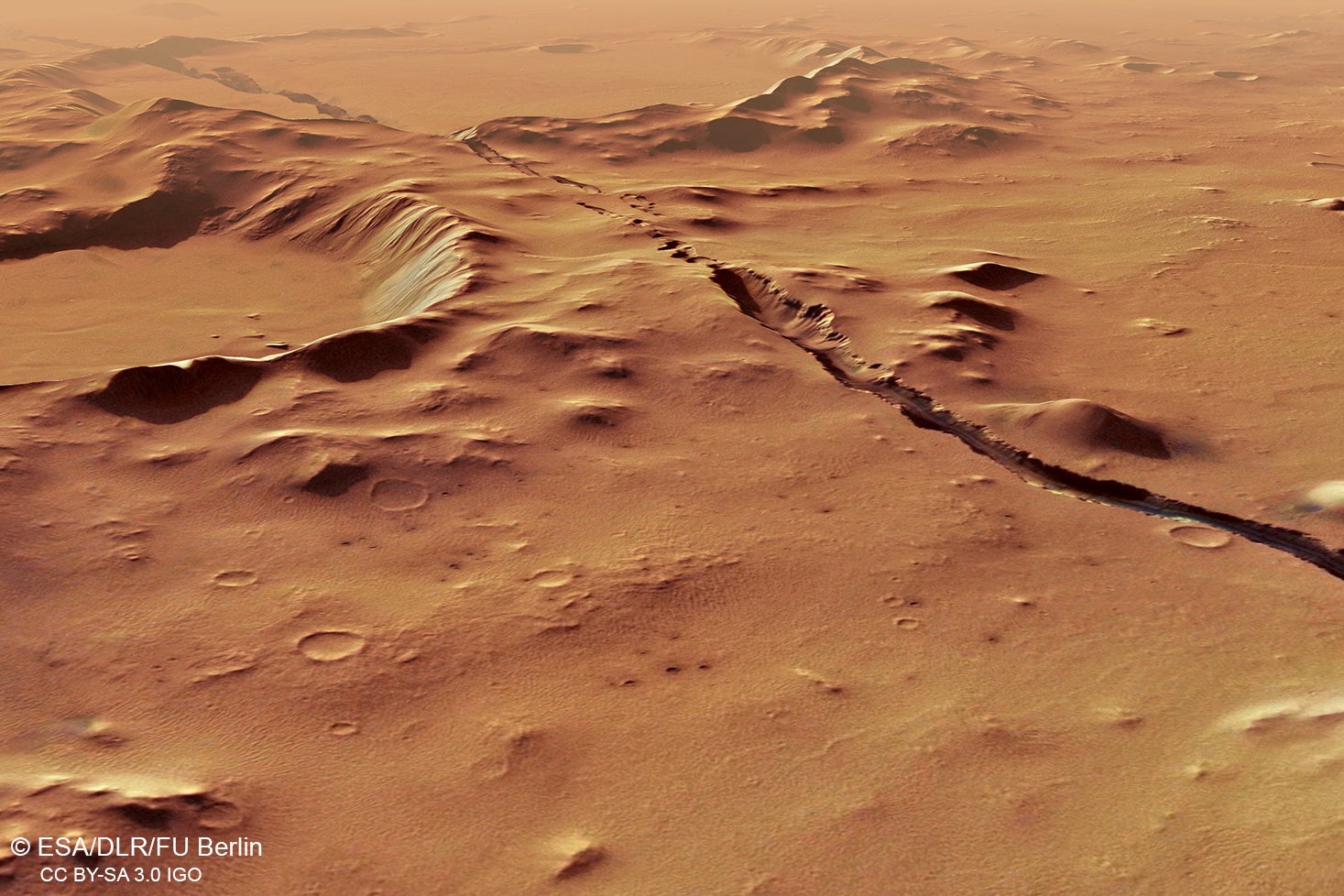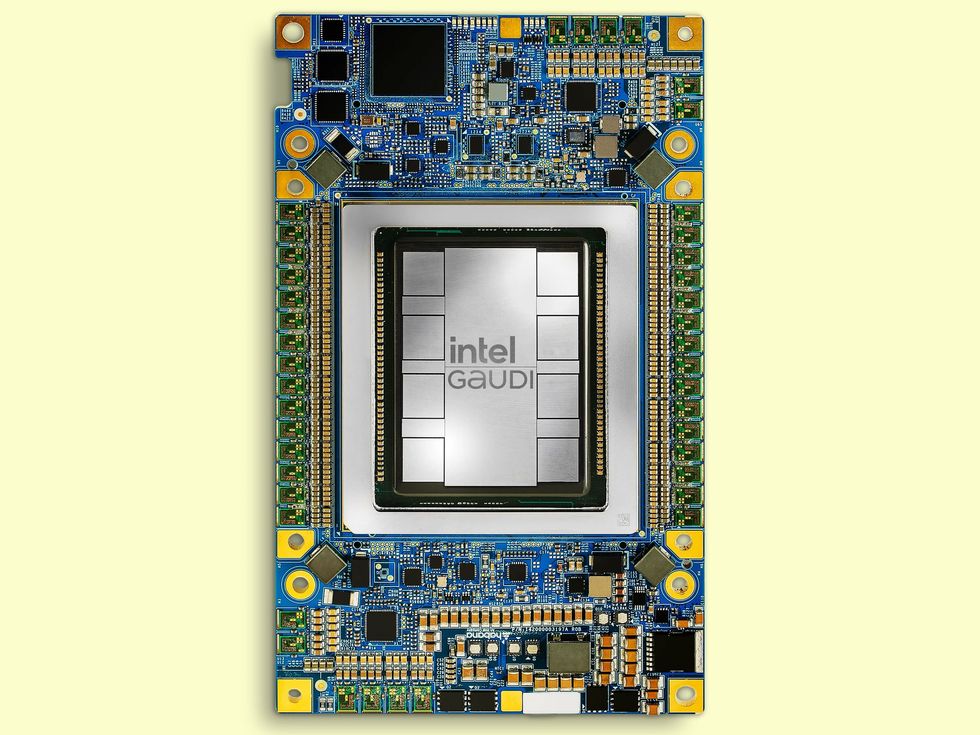
SAN FRANCISCO – Canadian space entrepreneurs seeking to raise $500,000 to $20 million are invited to join the 2024 SoCal-Canadian Space Accelerator.
The two-month virtual accelerator is backed by the Canadian Trade Commissioner Service, the Canadian Space Agency and Innovation, Science and Economic Development Canada. In February and March, Canadian entrepreneurs admitted to the accelerator will be introduced to potential industry, government and venture capital partners.
The SoCal-Canadian Space Accelerator will culminate in April with two in-person pitch events. One will be in Pasadena, California. The second will be at the Canadian Space booth at the Space Symposium in Colorado Springs.
“Space is one of those sectors where we see a lot of strategic opportunity for collaboration between Canada and the United States,” Michael Willmott, senior trade commissioner for the Consulate General of Canada in Los Angeles told SpaceNews. “This is a fine example of how we like to introduce Canadian innovators to business partnerships in the United States and around the world.”
Mandala Space Ventures
The 2024 SoCal-Canadian Space Accelerator accelerator will be run by Mandala Space Ventures, a Pasadena, California, firm established in 2021 by Leon Alkalai, a retired NASA Jet Propulsion Laboratory technical fellow with a Ph.D. in computer science from the University of California, Los Angeles.
Mandala Space Ventures is a venture studio, meaning it incubates and accelerates startups in addition to forming its own companies.
“Our main feature differentiating ourselves from others is the enormous number of years we have collectively in spaceflight,” Alkalai said. “We are hardcore rocket scientists and engineers. We know what works and what doesn’t in space.”
Why Southern California?
Canada has “a number of very innovative” startups “looking for not just the traditional public sector partners but also private sector partners to bring their technology into the broader space ecosystems,” Willmott said.
Maddie Morris, Canadian trade commissioner in Los Angeles added, “The government of Canada is proud to identify Southern California as the ecosystem that we want to focus on to help support and grow our own ecosystem interests through partnership opportunities with corporates, NewSpace companies, VCs, NASA JPL and other public-sector partners.”
Previous Payload Accelerator
Canada’s Consulate General in Los Angeles supported a space technology accelerator in 2022 thank linked Canadian startups with legacy and NewSpace companies. The 2022 accelerator, also backed by the Canadian Space Agency and Arizona State University’s Milo Space Science Institute, focused on technical proposals for spacecraft payloads.
“The project teams were limited to the creation of a technical proposal for in-space product validation of a hardware technology,” Morris said by email. “Whereas this [2024] program is a full-fledged space-tech startup accelerator.”
Canadian agencies and Mandala are casting a wide net for the 2024 accelerator.
It is open to Canadian space startups interested in “Earth observation, emissions monitoring, low-earth orbit, small satellites, flight-path optimization, artificial intelligence, deep space, space manufacturing, space mining, astronaut health” and related topics, Morris said.
Applications are due Nov. 22.
Debra Werner is a correspondent for SpaceNews based in San Francisco.
Debra earned a bachelor’s degree in communications from the University of California, Berkeley, and a master’s degree in Journalism from Northwestern University. She…
More by Debra Werner
Note: This article have been indexed to our site. We do not claim legitimacy, ownership or copyright of any of the content above. To see the article at original source Click Here














